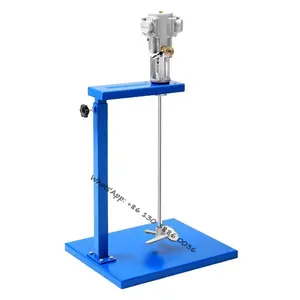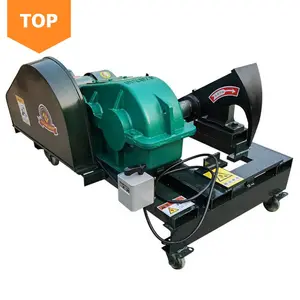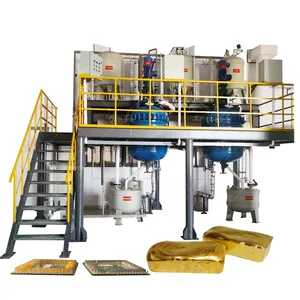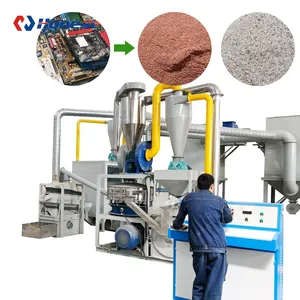Popular in your industry
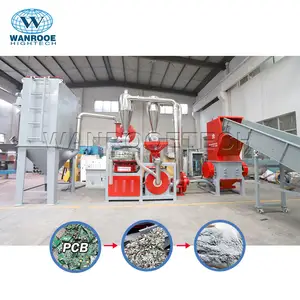































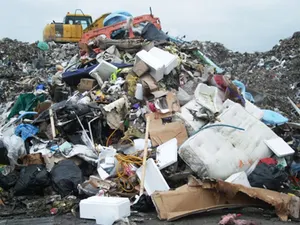














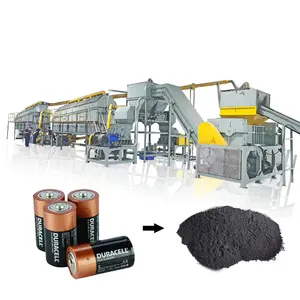










Related Searches:




























































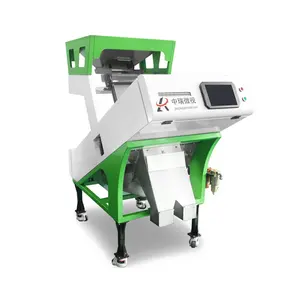
















































































Top categories
About e waste recycling plants
The e waste recycling plants are essential facilities designed to recycle and process electronic waste, commonly known as e-waste. These plants are equipped with specialized machinery and technologies that enable the efficient and environmentally friendly recycling of electronic components, such as circuit boards, displays, and batteries. The e-waste recycling plants play a crucial role in addressing the growing challenge of electronic waste management by recovering valuable materials and reducing the environmental impact of improper disposal.
Types of e waste recycling plants
There are several types of e waste recycling plants, each specializing in the recycling of specific electronic components or catering to different scales of operation. One common type is the electronic waste recycling plant, which is designed to handle a wide range of electronic devices, including computers, smartphones, and household appliances. These plants typically employ a combination of shredding, sorting, and separation technologies to recover valuable materials such as metals, plastics, and glass.
Another specialized type is the printed circuit board (PCB) recycling plant, which focuses on recovering precious metals and other valuable components from circuit boards. These plants utilize advanced processes such as mechanical shredding, chemical leaching, and electrostatic separation to extract materials like gold, silver, and copper from the PCBs. Battery recycling plants are also crucial, as they are dedicated to the safe and efficient recycling of used batteries from various electronic devices. These facilities employ technologies such as crushing, sieving, and hydrometallurgical processes to recover valuable metals and materials from batteries while ensuring proper hazardous waste management.
For larger-scale operations, modular e-waste recycling plants offer a flexible and customizable solution. These plants consist of interconnected modules, each dedicated to a specific recycling process, such as shredding, sorting, or refining. The modular design allows for scalability, making it suitable for different volumes of electronic waste. On the other hand, small-scale or mobile e-waste recycling plants cater to localized recycling needs, such as in remote areas or communities with limited access to recycling facilities. These compact plants are designed for easy transport and setup, enabling on-site processing of e-waste.
Advantages of e waste recycling plants
The primary advantage of e waste recycling plants is their contribution to sustainable waste management. By recovering valuable materials from electronic waste, these plants help conserve natural resources and reduce the environmental impact of mining and manufacturing. Additionally, the recycling process in e waste plants helps minimize the release of hazardous substances into the environment, promoting a cleaner and healthier ecosystem.
Furthermore, e-waste recycling plants play a vital role in the circular economy by reintroducing recovered materials back into the production cycle. This not only reduces the demand for virgin resources but also supports the development of a more resource-efficient and closed-loop system. In economic terms, e-waste recycling plants create employment opportunities and stimulate innovation in recycling technologies, contributing to the growth of the green economy.
Moreover, e-waste recycling plants help address the global challenge of electronic waste management by providing a systematic and regulated approach to recycling. By complying with environmental regulations and industry standards, these plants ensure that the recycling process is safe, efficient, and in line with sustainable practices. Thus, the e-waste recycling industry continues to evolve, driven by technological advancements and increasing awareness of the importance of responsible e-waste management.



